It’s not always a dramatic change that makes you feel differently about your hair as the years go by. Sometimes it’s little things—less bounce, more time between good hair days, or just not feeling as excited to style it in the morning. It can sneak up on you, and before you know it, your once-favorite cut or routine doesn’t feel like you anymore.
This isn’t about blaming age; it’s about noticing how your relationship with your hair shifts over time. These 11 reasons are subtle, but they add up. Understanding them can be the first step toward reconnecting with your style in a way that actually feels good—no drastic makeovers required.
Thinning Strands
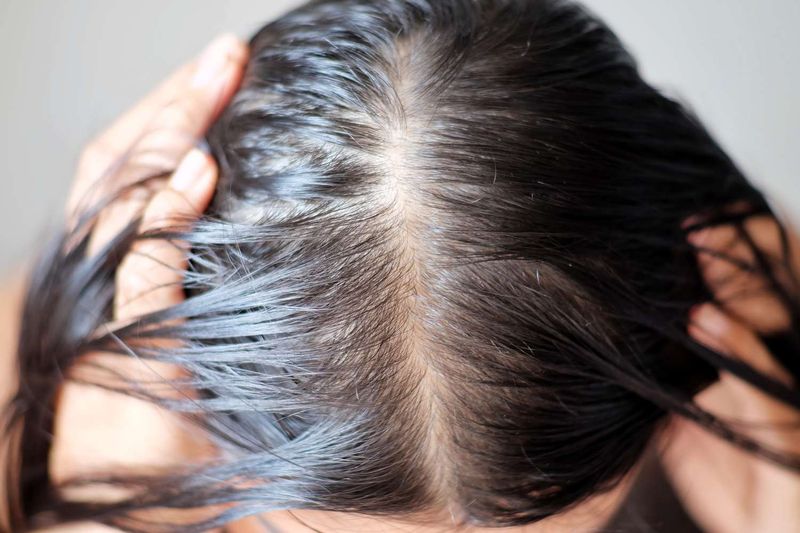
Thinning hair often catches individuals off guard as they age. Initially, it might seem like an insignificant change, but over time, the once-voluminous locks begin to feel sparse. This gradual transformation can affect self-esteem, especially when recalling how thick and lush hair felt in younger years. The emotional impact of thinning hair is not merely about aesthetics; it becomes a reminder of age and change. Did you know that by age 50, nearly half of all women experience some degree of hair thinning? This silent shift in hair density can lead to a gradual dislike for one’s hair.
Graying Glory
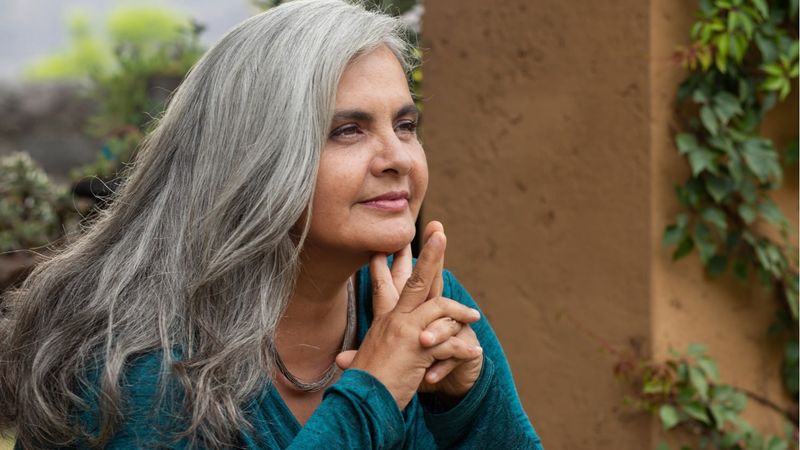
Gray hair is often seen as a badge of experience and wisdom, yet not everyone embraces this change. For many, the graying process signifies the passage of time, something not everyone welcomes. The nostalgia of seeing old photographs with vibrant hair colors can sometimes bring about a sense of loss. Despite gray hair’s unique beauty, the societal pressure to maintain youthful appearances can overshadow its charm. Interestingly, some cultures revere gray hair, associating it with respect and authority. However, personal acceptance varies greatly, influencing how one feels about their graying mane.
Texture Changes
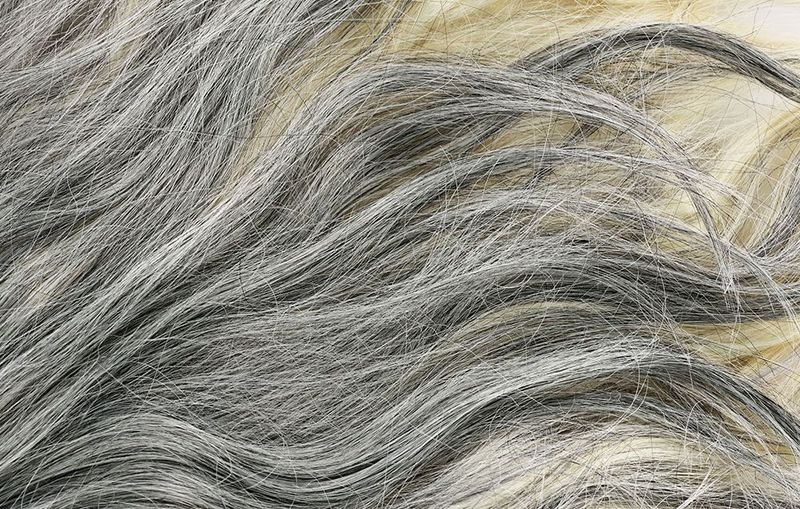
As the years progress, many notice their hair’s texture shifting from silky to coarse or brittle. This change can be quite unsettling for those who cherished their soft, manageable hair. The alteration in texture often demands a completely different hair care routine, one that might not feel as rewarding. The friction of nostalgia with the present reality can create an ongoing internal dialogue about age and self-identity. Did you know? Hair texture changes are often due to hormonal shifts and environmental factors, making it a universal aging experience.
Increased Breakage
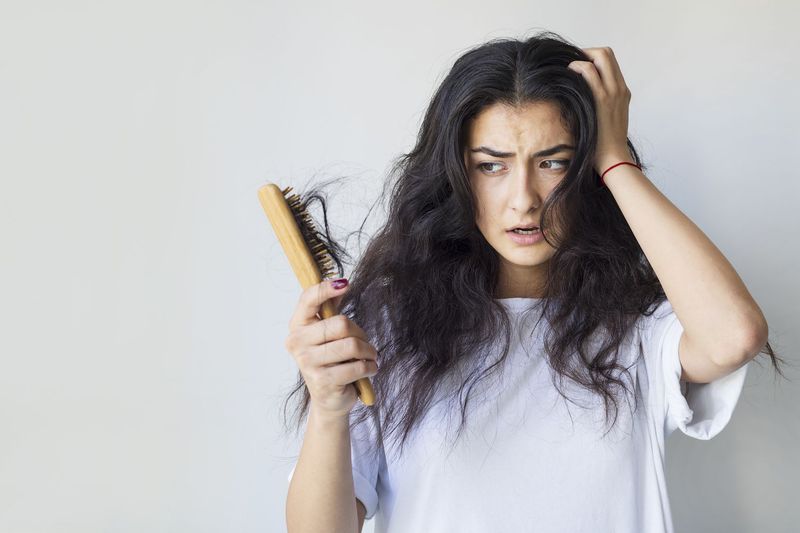
Fragility becomes a major concern as hair ages and becomes prone to breakage. Each strand lost can feel like a small heartbreak, especially for those who once prided themselves on strong, resilient hair. This vulnerability can alter one’s perception of beauty and strength, leading to frustration. The constant battle against breakage can transform a once-simple routine into a meticulous effort to preserve what remains. Fun fact: Hair naturally becomes more brittle with age due to decreased oil production in the scalp, contributing to this common struggle.
Dullness and Lackluster
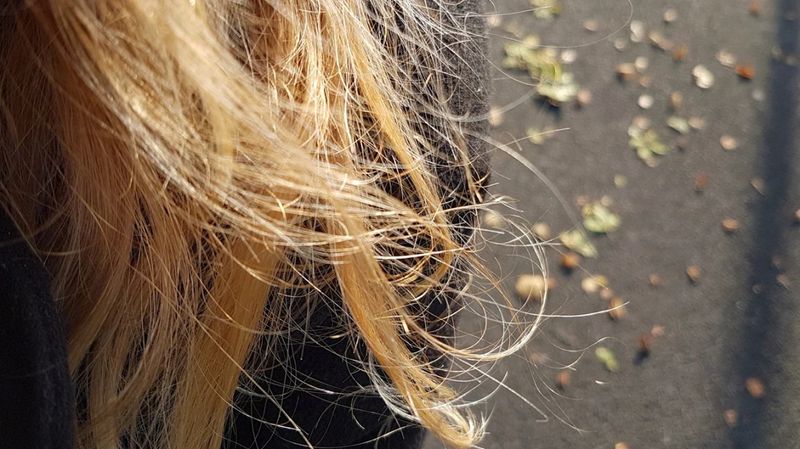
Over time, hair often loses its natural shine, resulting in a dull, lackluster appearance. This shift can feel like a betrayal, as vibrant hair is often associated with youth and vitality. The quest to restore brightness can lead to the use of numerous products, each promising to revive the lost sheen. Unfortunately, these efforts sometimes fall short, leaving individuals disheartened. Did you know? Hair dullness is often caused by cuticle damage over the years, affecting its ability to reflect light. This challenge is a frequent reason people fall out of love with their hair.
Receding Hairline
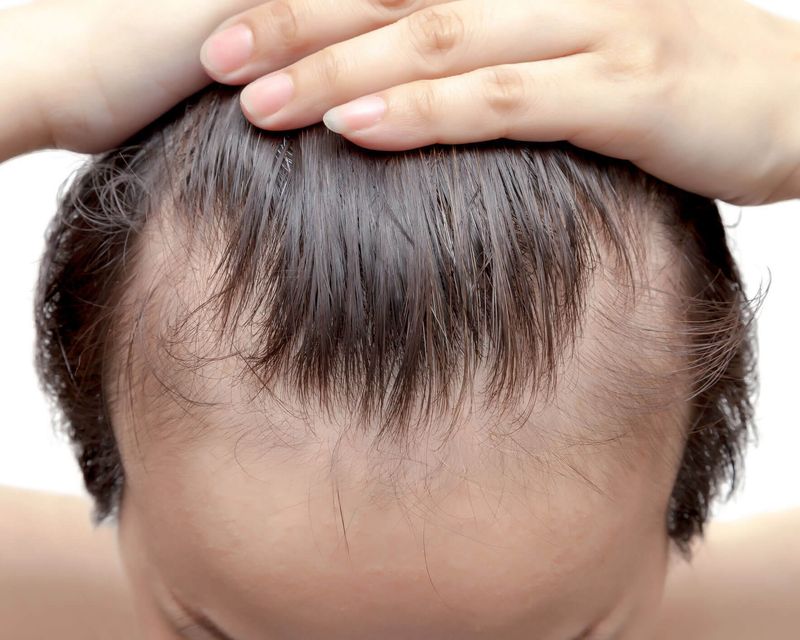
The receding hairline is a common yet often dreaded sign of aging. For many, it alters the way they perceive themselves, shifting their identity in unforeseen ways. This change can feel like a loss of control, as it reshapes the way hats, hairstyles, and even personal confidence are navigated. The receding hairline serves as a constant reminder of the passage of time, affecting both men and women, though more prevalent in the former. Interestingly, some individuals embrace this change by adopting new styles that accentuate their evolving look.
Scalp Sensitivity
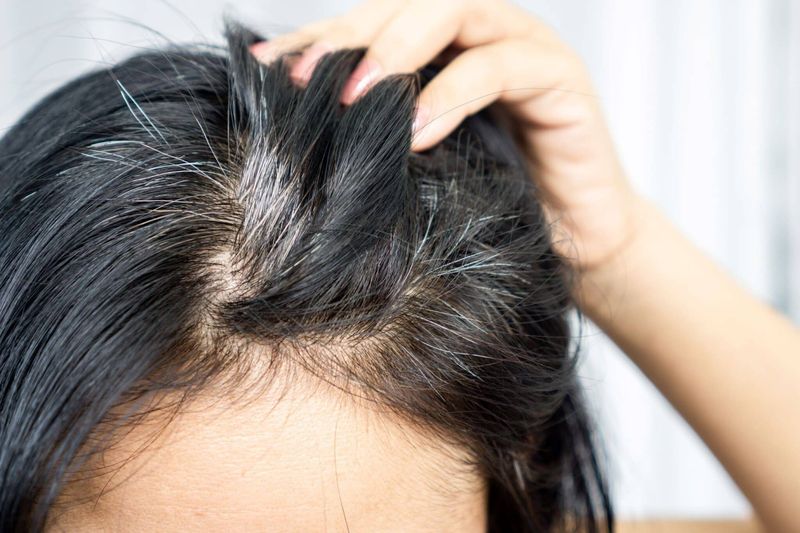
With age, the scalp can become increasingly sensitive, reacting to products and environmental factors that were once tolerable. This sensitivity influences not only comfort but the choice of hair care products, often eliminating old favorites. The calming ritual of hair care might be replaced by caution and concern. This shift in sensitivity can be a silent contributor to the distancing of affection towards one’s hair. Did you know that scalp sensitivity can be linked to changes in skin thickness and reduced oil production over time? This adaptation to age is a quietly impactful journey.
Loss of Volume
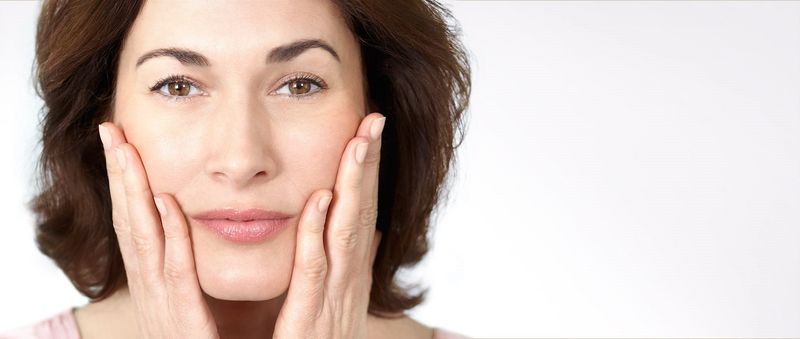
Loss of volume is a subtle yet significant change many experience with age. Once-bouncy hair can become flat and lifeless, altering the overall silhouette of one’s appearance. This transformation can affect self-confidence, as voluminous hair is often associated with health and vitality. The endless search for products that promise to restore volume can become an exhausting endeavor. Interestingly, loss of volume is often due to changes in hair growth cycles and follicle health, a natural part of aging that silently shapes one’s relationship with their hair.
Slower Growth
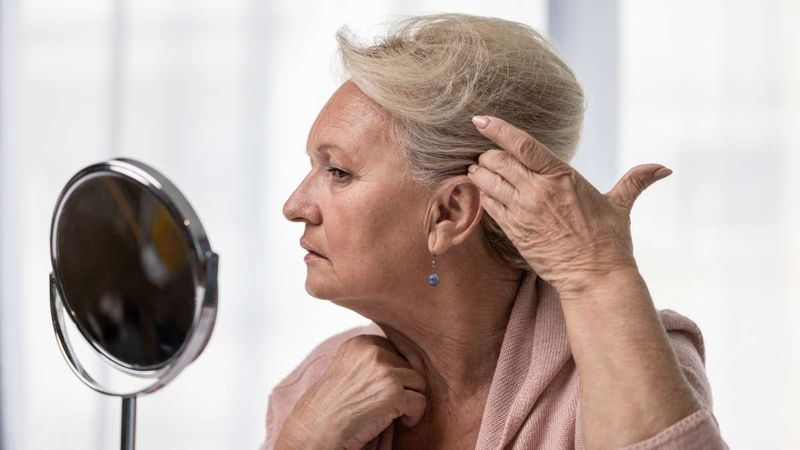
As the years advance, hair growth tends to slow, leaving individuals longing for the days when haircuts were a frequent necessity. The slower rate of growth can feel disheartening, especially for those who enjoy experimenting with new styles. This gradual change can subtly impact one’s identity, as hair becomes less of a canvas for self-expression. Did you know? Hair growth rate typically decreases with age due to changes in metabolism and blood circulation. This natural slowdown is another reason people may start to feel disconnected from their hair over time.
Hair Health Myths
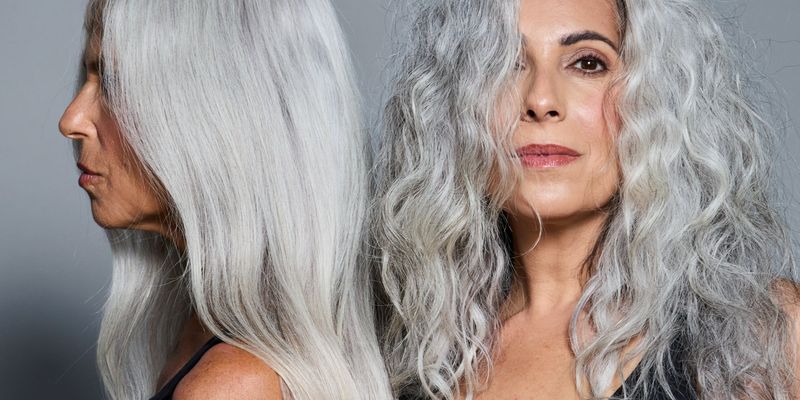
Misinformation about hair health can lead to misguided efforts that affect how individuals feel about their hair. With age, many people explore countless hair remedies and products, only to find that some are ineffective or even detrimental. This cycle of trial and error can lead to frustration and disappointment. An interesting fact: common myths like “cutting hair makes it grow faster” can skew expectations and lead to mismatched outcomes. Understanding the reality of hair care becomes crucial as one navigates aging, helping to foster a more honest relationship with their hair.
Societal Influences
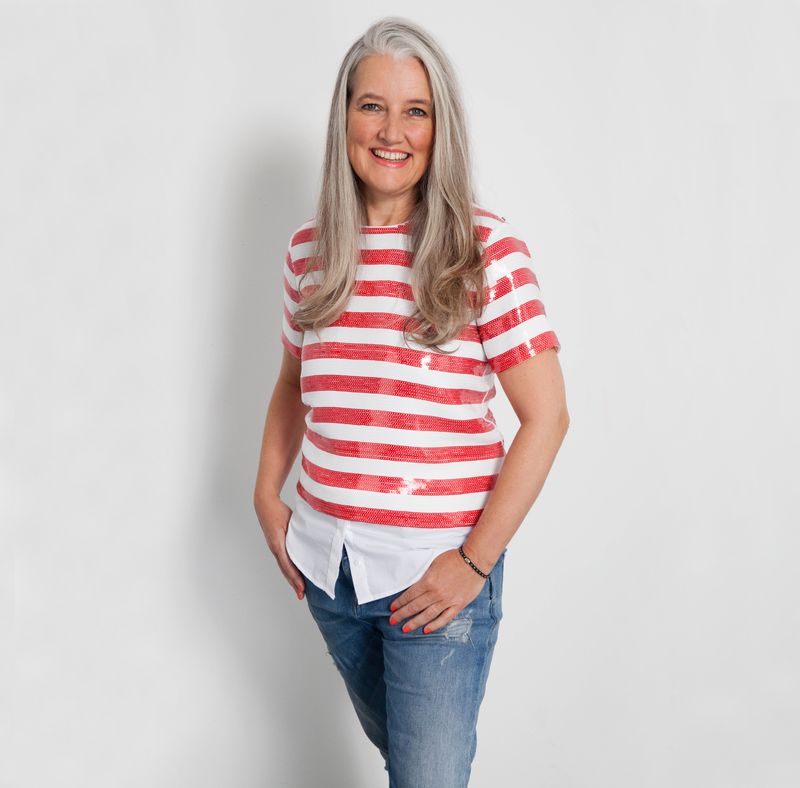
Societal expectations and trends can heavily influence how individuals perceive their hair as they age. The pressure to conform to youthful ideals can lead to dissatisfaction with one’s natural appearance. As people grow older, they may feel torn between embracing their natural hair or altering it to fit societal norms. Did you know? Media representations of hair often skew towards youth, affecting how aging individuals view their own hair. This external pressure can be a subtle force driving the disconnect between one’s hair and self-perception, a complex interplay of identity and societal influence.
